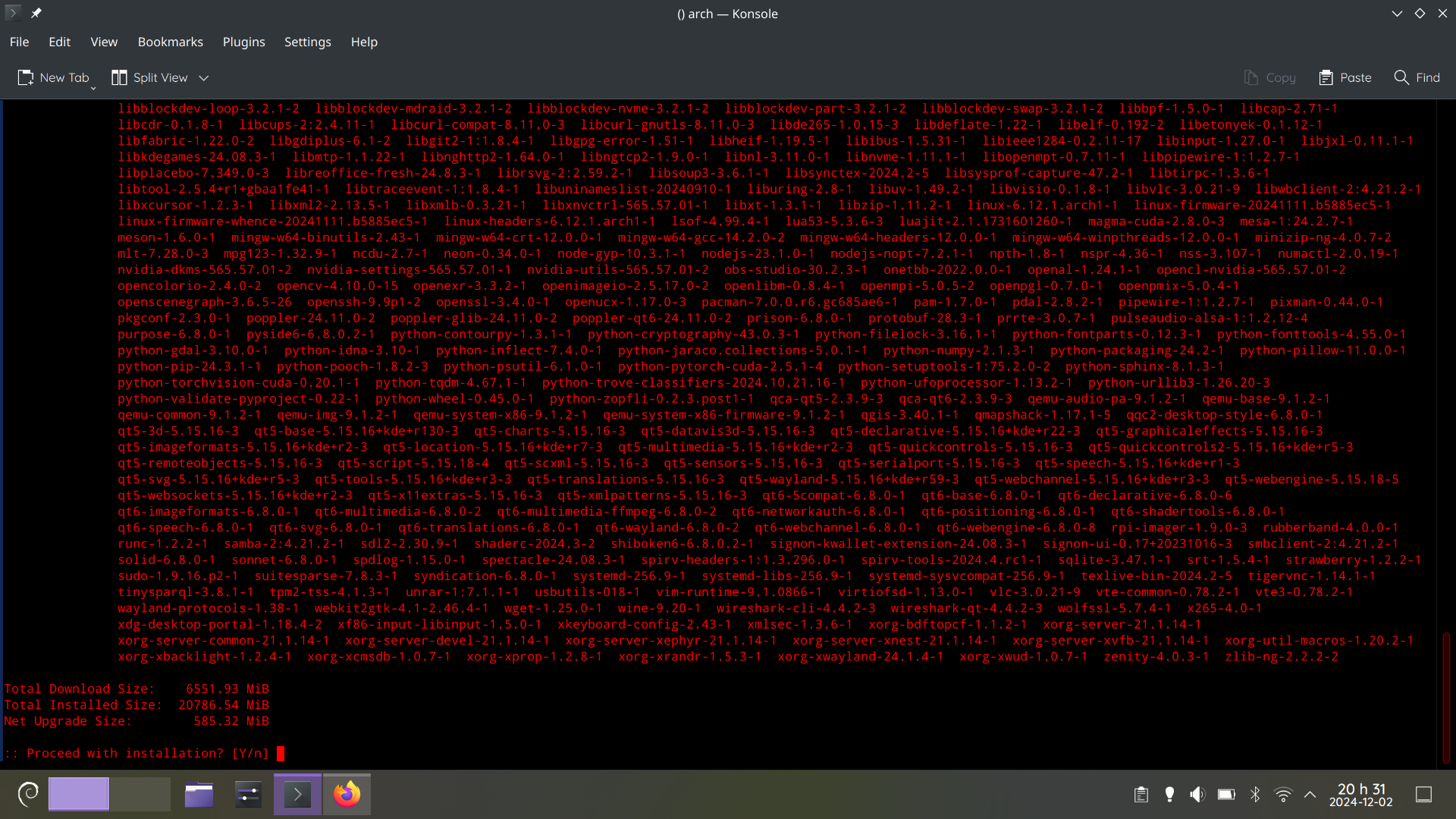this post was submitted on 03 Dec 2024
294 points (97.4% liked)
Linux
62942 readers
248 users here now
From Wikipedia, the free encyclopedia
Linux is a family of open source Unix-like operating systems based on the Linux kernel, an operating system kernel first released on September 17, 1991 by Linus Torvalds. Linux is typically packaged in a Linux distribution (or distro for short).
Distributions include the Linux kernel and supporting system software and libraries, many of which are provided by the GNU Project. Many Linux distributions use the word "Linux" in their name, but the Free Software Foundation uses the name GNU/Linux to emphasize the importance of GNU software, causing some controversy.
Rules
- Posts must be relevant to operating systems running the Linux kernel. GNU/Linux or otherwise.
- No misinformation
- No NSFW content
- No hate speech, bigotry, etc
Related Communities
Community icon by Alpár-Etele Méder, licensed under CC BY 3.0
founded 6 years ago
MODERATORS
you are viewing a single comment's thread
view the rest of the comments
view the rest of the comments

went looking for it. "stable rolling release" sounds really interesting, but i'm scared of installing it and being mistaken for a systemd hater
Yeah, systemd hater or not, runit is quite fabulous Imo.
Some software with a hard requirement on systemd will not work, of course. I believe it is possible to run void using systemd, I've never tried though.
I really like runit, but once it's configured, like systemd, I mostly just don't see it anymore - you know what I mean...
Give it a shot, for me it's the packaging system, take a look at it and at the github "void-repository".
I really like how it's working, the simplicity of it, create your own package, your own repository, etc.
The killer features, for me, isn't really runit, but the stability of a rolling distro with the xbps package system.